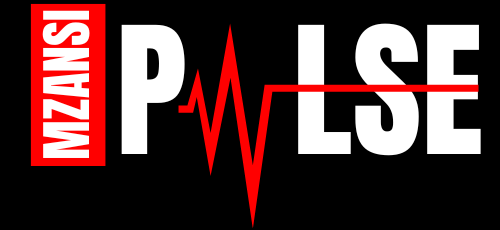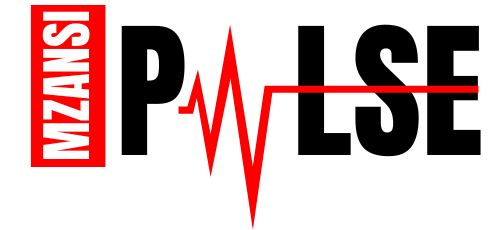National Wills Week, which runs from 15 to 19 September, is a reminder to take a vital step to safeguard your family’s security by drawing up or reviewing your will.
Many people focus on traditional assets such as a house, car, or shares when planning their estates. But in today’s world, much of our lives and wealth exists online. It’s vital, therefore, to include your digital assets when drawing up your will.
These assets could include cryptocurrencies and other blockchain-based tokens, online financial accounts, a personalised online shop such as an account with Etsy, digital media such as photos, videos, and e-books, social media and email accounts, loyalty points and rewards programmes, and cloud storage and subscription services.
“It’s vital to treat digital property with the same care as traditional assets when planning your estate,” says Sunette Ansara, head of group legal and legal insurance at JustMoney.co.za, a platform that helps South Africans make good money choices.
“Noting these assets in your will ensures none are overlooked, making it easier for your loved ones to access and manage them. This prevents them from lying dormant and becoming vulnerable to cyberfraud,” Ansara adds.
Digital accounts are password-protected, and providers have strict privacy rules. Informal guidelines – such as verbal instructions, hidden notes, or “someone knowing the password” – are unreliable and often rejected from a legal standpoint.
“You can nominate a ‘digital heir’ with the authority and instructions to manage your online presence, close accounts, and memorialise them if appropriate,” advises Ansara.

Determine digital values
Not every digital asset has monetary value, but it is important to know the value of those that do, for estate planning purposes.
“If your spouse inherits all your assets, they don’t pay estate duty, which is the tax on inherited assets. While there may not be a tax bill, knowing the value of your digital assets is important because they add to your partner’s overall wealth,” says Ansara.
Assets such as property and shares usually maintain steady values, but cryptocurrency values are volatile. When a cryptocurrency owner passes away, their holdings must be valued at the fair market price on the date of death.
Specialist platforms such as CoinData have historical price data and valuation tools. Alternatively, the executor of your will can record prices on reputable crypto exchanges – consider appointing a professional executor or co-executor with appropriate knowledge. A tax consultant or appraiser who specialises in crypto can also calculate a fair value.
“Whichever option is selected, it’s vital that the executor notes exactly how the value was decided, and provides proof, such as exchange statements or transaction histories,” says Ansara.

Store proof of assets
Finally, don’t let important documents gather dust or go astray. Scan and securely store identity documents, marriage certificates, divorce orders, trust and title deeds, insurance policies, and car registration papers, for example.
In addition, consider a living will (to guide medical decisions if you cannot speak for yourself) and a power of attorney (to allow someone to act on your behalf if you are incapacitated).
Share copies of your will with your executor, financial adviser, and key family members, and clearly note where the original document and any amendments are stored.
“These actions will help avoid family disputes, reduce delays and costs in winding up your estate, and ensure that your assets are distributed to the correct recipients,” concludes Ansara.
JustMoney.co.za is a trusted voice within the personal finance sector, helping consumers make good money choices. The JustMoney platform offers personalised insights, numerous articles, and a range of financial solutions and tools, including a free credit score check. Register here.
National Wills Week is an annual initiative that aims to encourage South Africans to draft valid wills. During National Wills Week, members of the public can have a basic will drafted free of charge by participating attorneys. The initiative is organised by the Legal Practice Council and participating law firms. It is supported by the Department of Justice and Constitutional Development.


